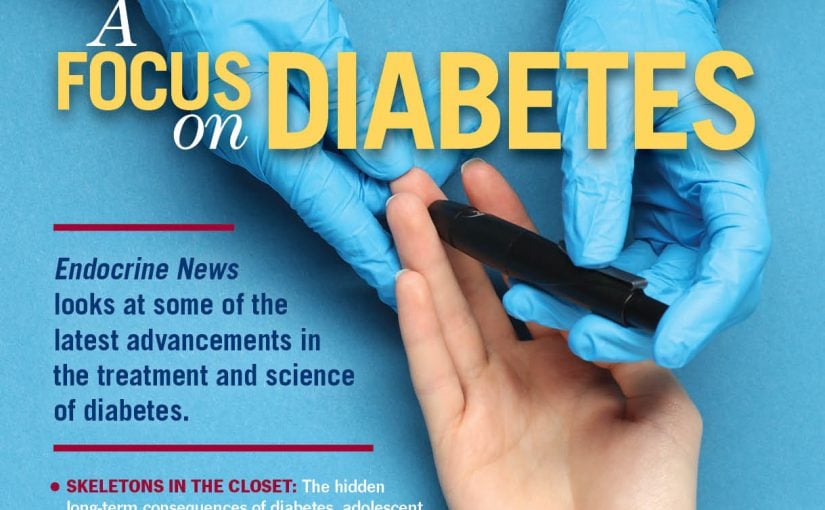Reducing the amount of protein in the diet produces an array of favorable health outcomes, including an extension of lifespan, and that these effects depend on Fibroblast Growth Factor 21 (FGF21), according to a study recently published in Nature Communications.
It has long been known that reducing the amount you eat improves health and extends lifespan, and there has been increasing interest in the possibility that reducing protein or amino acid intake contributes to this beneficial effect. “Epidemiological data suggest that lowering dietary protein content supports metabolic improvements and resilience, while high protein intake correlates with increased mortality,” the authors write. “Protein restriction (PR) is a form of dietary restriction in the absence of energy restriction that extends lifespan and improves general health measures in various organisms, including rodents, fruit flies, and yeast.”
A few years ago, Pennington Biomedical’s Neurosignaling Laboratory discovered that the metabolic hormone FGF21 was a key signal linking the body to the brain during protein restriction. Without this signal, young mice failed to change their feeding behavior or metabolism when placed on a low-protein diet.
The group’s newest work demonstrates that low-protein diets produce beneficial metabolic effects in aged mice, improving metabolic health, reducing frailty, and extending lifespan. These beneficial effects were also apparent when protein intake was reduced in middle-aged mice, even protecting against the detriments of obesity. Importantly, these beneficial effects were lost in mice that lacked FGF21, suggesting that its action in the brain is critical for the increase in health and lifespan.
The authors write that their work collectively supports multiple overarching conclusions: First, in male mice, the restriction of dietary protein intake exerts beneficial effects on body weight gain, adiposity, glucose homeostasis, physical performance, and metabolic health, with these effects ultimately reducing frailty and increasing lifespan. Second, these beneficial effects can be reproduced if the diet is initiated in middle age, where PR also protects against the harmful effects of diet-induced obesity during aging.” Finally, and most importantly,” the authors write, “nearly all these PR-induced beneficial effects depend on the liver-derived hormone FGF21. The inability to detect protein restriction in Fgf21-KO mice is initially benign but ultimately leads to negative outcomes in late life, such that Fgf21-KO mice on LP die earlier than their controls. Collectively, these data demonstrate that increases in circulating FGF21 mediate the extension of lifespan and improvement in healthspan during dietary protein restriction, and thereby identify a novel mechanism that drives the increase in longevity in response to dietary protein restriction in mammals.”

